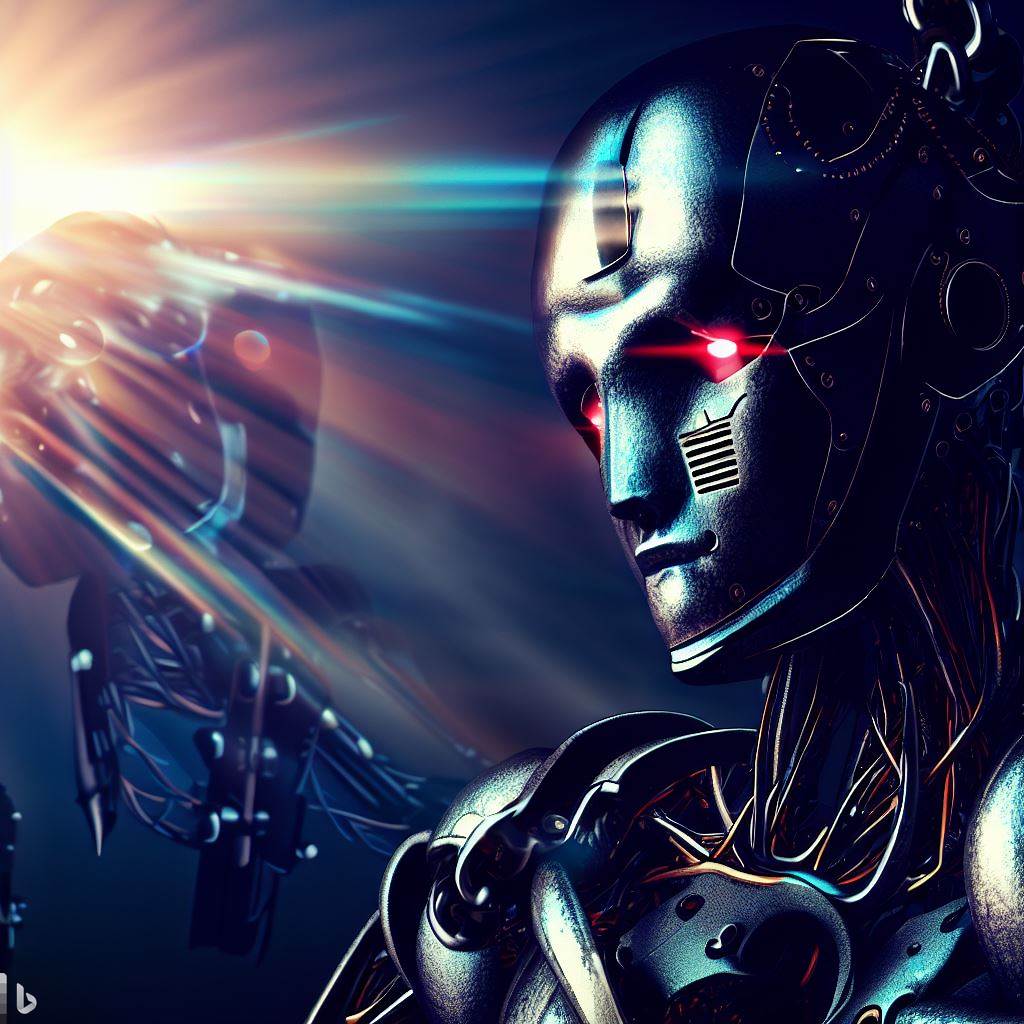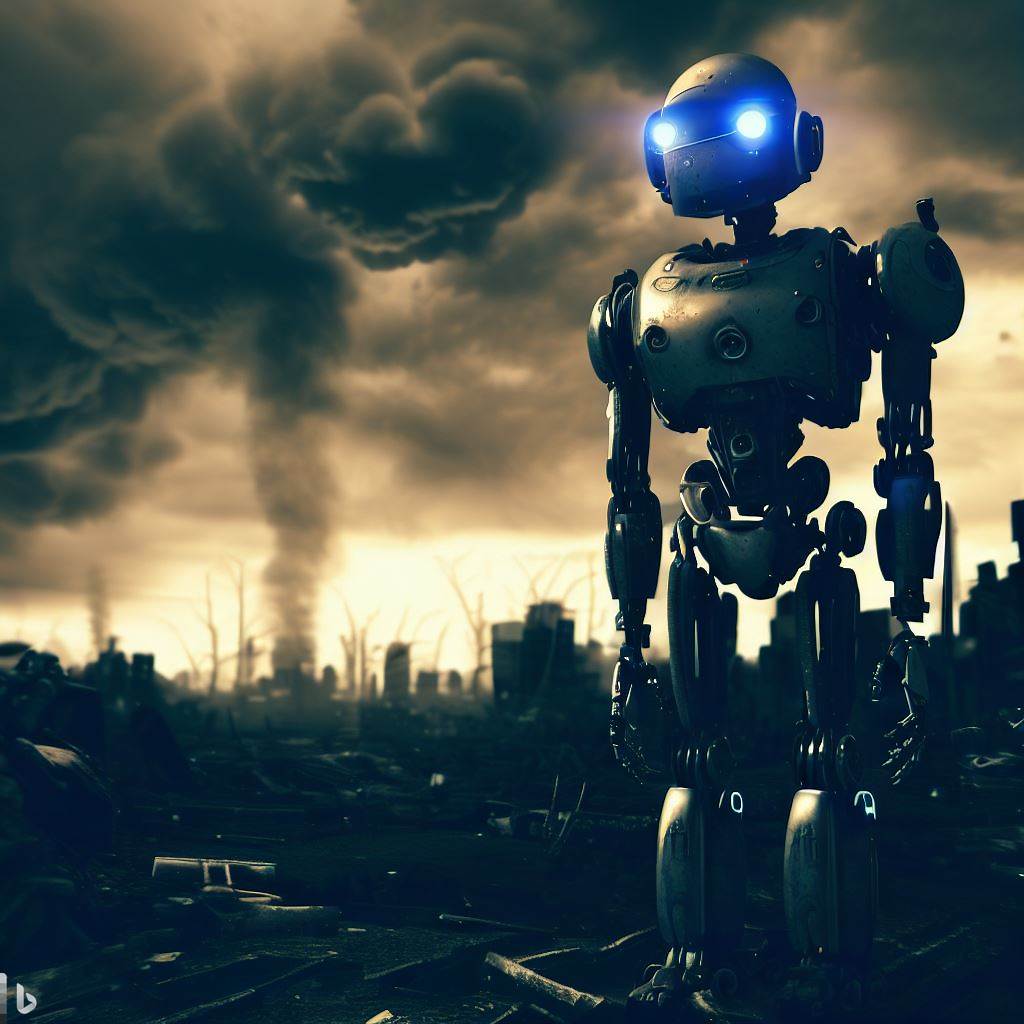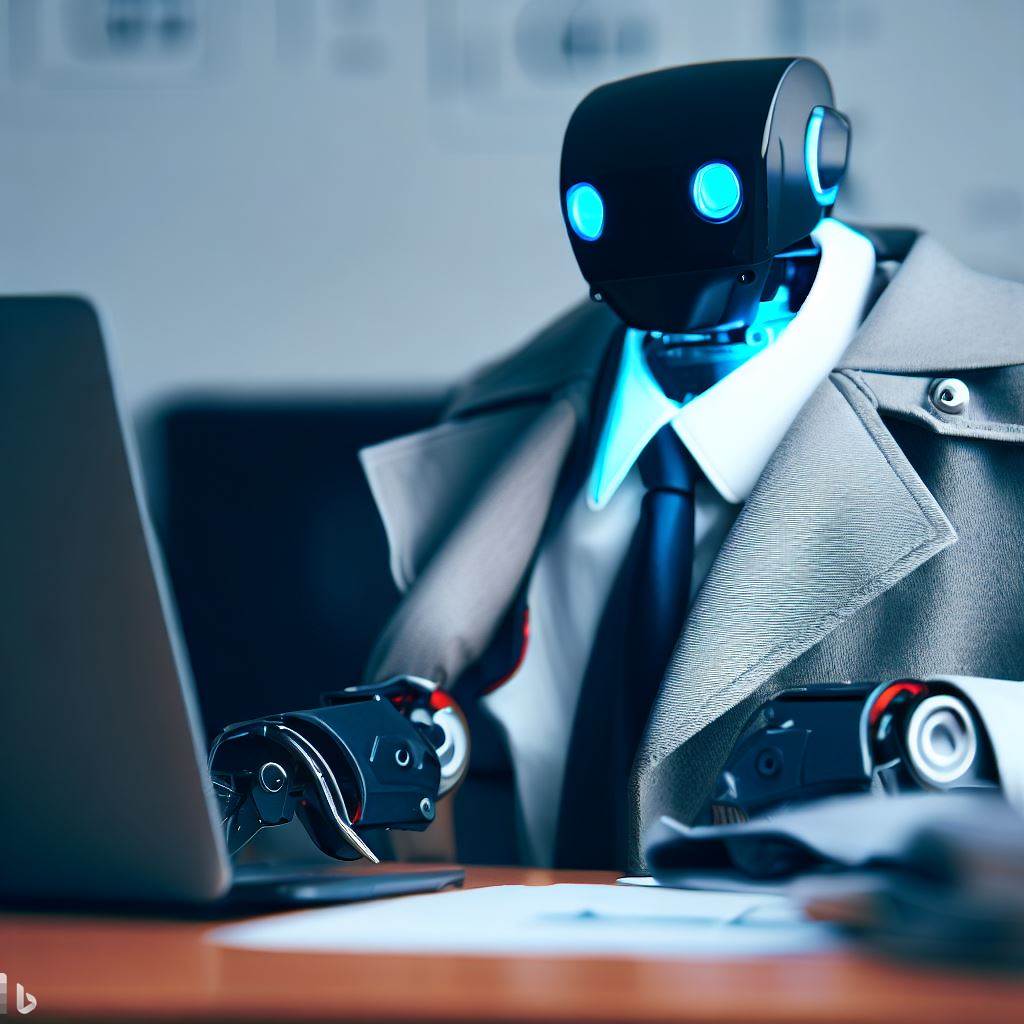In the ever-evolving landscape of technology, where Artificial Intelligence is gaining momentum, it’s essential to separate fact from fiction. As AI becomes more integrated into our daily lives, several myths and misconceptions have arisen, often clouding our understanding of this powerful technology. In this article, we debunk some of the most common AI and tech myths, shedding light on the realities and dispelling illusions.
Myth 1: AI is way smarter than humans
This myth stems from the idea that AI can perform tasks that humans cannot do, with fewer errors and faster speed. However, this does not mean that AI is smarter than humans in every aspect. AI is only good at doing specific tasks that it is trained for, such as playing chess, recognizing faces, or translating languages. It cannot generalize its knowledge or apply it to different contexts as humans can.
AI is also limited by the data and algorithms that it uses. It cannot create new knowledge or learn on its own without human intervention. It cannot understand emotions, values, ethics, or creativity like humans can. Therefore, AI is not way smarter than humans, but rather a different kind of intelligence that complements human intelligence.
Myth 2: AI will take over jobs
This myth is based on the fear that AI will replace human workers and make them obsolete. However, this is not entirely true. While AI may automate some tasks and roles that are repetitive, routine, or low-skill, it will also create new jobs and opportunities that require higher skills, creativity, and human interaction.
AI will also augment human workers by enhancing their productivity, efficiency, and quality of work. It will help them make better decisions, solve complex problems and discover new insights. Rather than taking over jobs, AI will transform jobs and redefine the nature of work.
Myth 3: AI will lead to human enslavement by superior robotic beings
This myth is influenced by the popular sci-fi trope of AI becoming self-aware and rebelling against its human creators. However, this scenario is highly unlikely and unrealistic. As mentioned earlier, AI is not a single entity that can think or act independently. It is a collection of computer programs that follow predefined rules and objectives.
AI does not have any consciousness, emotions, motivations, or goals that would make it want to harm or enslave humans. It does not have any moral or ethical values that would make it judge or oppose humans. It does not have any physical form or power that would make it overpower or control humans. Therefore, AI will not lead to human enslavement by superior robotic beings.
Myth 4: AI will be making medical decisions and diagnosis
This myth is based on the assumption that AI can replace human doctors and nurses in providing health care services. However, this is not entirely true. While AI can assist in medical diagnosis and treatment by analyzing data, images, and symptoms, it cannot replace human expertise, judgment, and empathy.
AI cannot understand the context, history, and preferences of each patient. It cannot explain the rationale, risks, and benefits of each option. It cannot communicate effectively, compassionately, and ethically with each patient. Therefore, AI will not be making medical decisions and diagnoses alone, but rather support human health care professionals.
Myth 5: Not all companies do not require an AI strategy
This myth is based on the belief that AI is only relevant for certain industries or domains that deal with large amounts of data or complex problems. However, this is not true. AI can be applied to any industry or domain that can benefit from automation, optimization, personalization, or innovation.
AI can help companies improve their products, services, processes, and customer experiences. It can help them gain a competitive edge, increase their revenue and reduce their costs. It can help them discover new opportunities, markets, and customers. Therefore, all companies do require an AI strategy to leverage the potential of AI and tech in their business.
Summary
Dispelling the myths surrounding AI and technology is vital for fostering a better understanding of their true potential. AI is not a threat to humanity but a powerful tool that can enhance our lives and shape a brighter future. By understanding the realities of AI, we can embrace its benefits, drive responsible development, and harness its power to create positive change. Let’s debunk the myths and embrace AI as a transformative force that empowers us to achieve new heights of innovation and progress.



